How Covid-19 is disrupting the lives of flower farmers in Kenya
As Covid-19 devastates the global flower trade, Louise Donovan speaks to a British florist and the Kenyan flower farmer thousands of miles away who supplies her to find out how their lives have been impacted
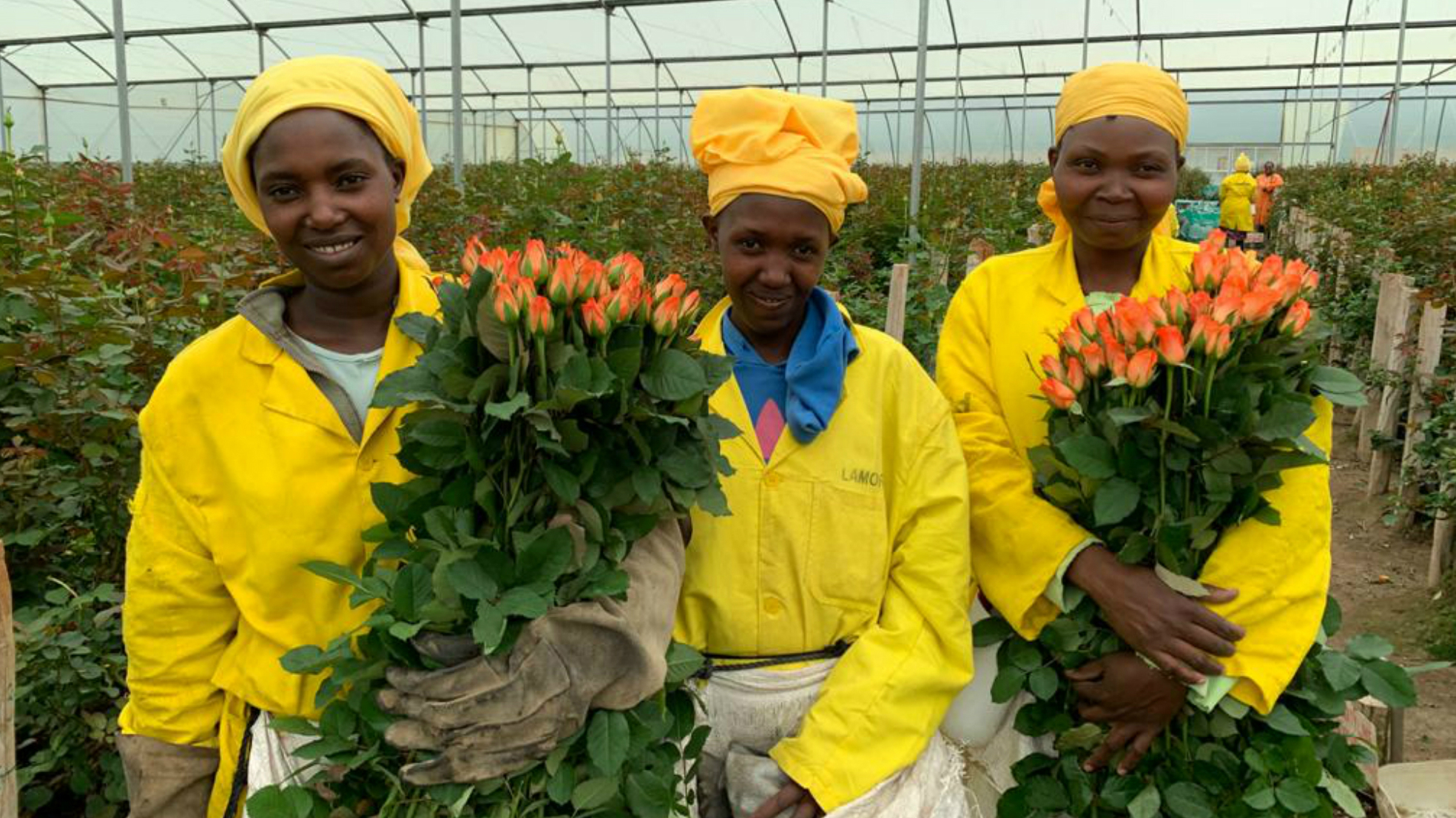
As Covid-19 devastates the global flower trade, Louise Donovan speaks to a British florist and the Kenyan flower farmer thousands of miles away who supplies her to find out how their lives have been impacted
Tanith Fox-James quite likes funerals. “I know that sounds strange,” the florist acknowledges over the phone, but she’d choose farewells over fairy-lit weddings any day.
When an order lands in her inbox, the 35-year-old carefully begins hand-picking bouquets for her customers in Knighton, a small town on the Welsh border. For deceased loved ones, she says, people tend to go for something bespoke: the word ‘Mum’ crafted out of chrysanthemums as white as snow; bunches of ‘baby’s breath’ (tiny, cloud-like blooms).
"If in any way the flowers that I provide help a family when they're at their darkest, I feel like it’s my duty,” explains Tanith, who opened her first florist shop aged 18.
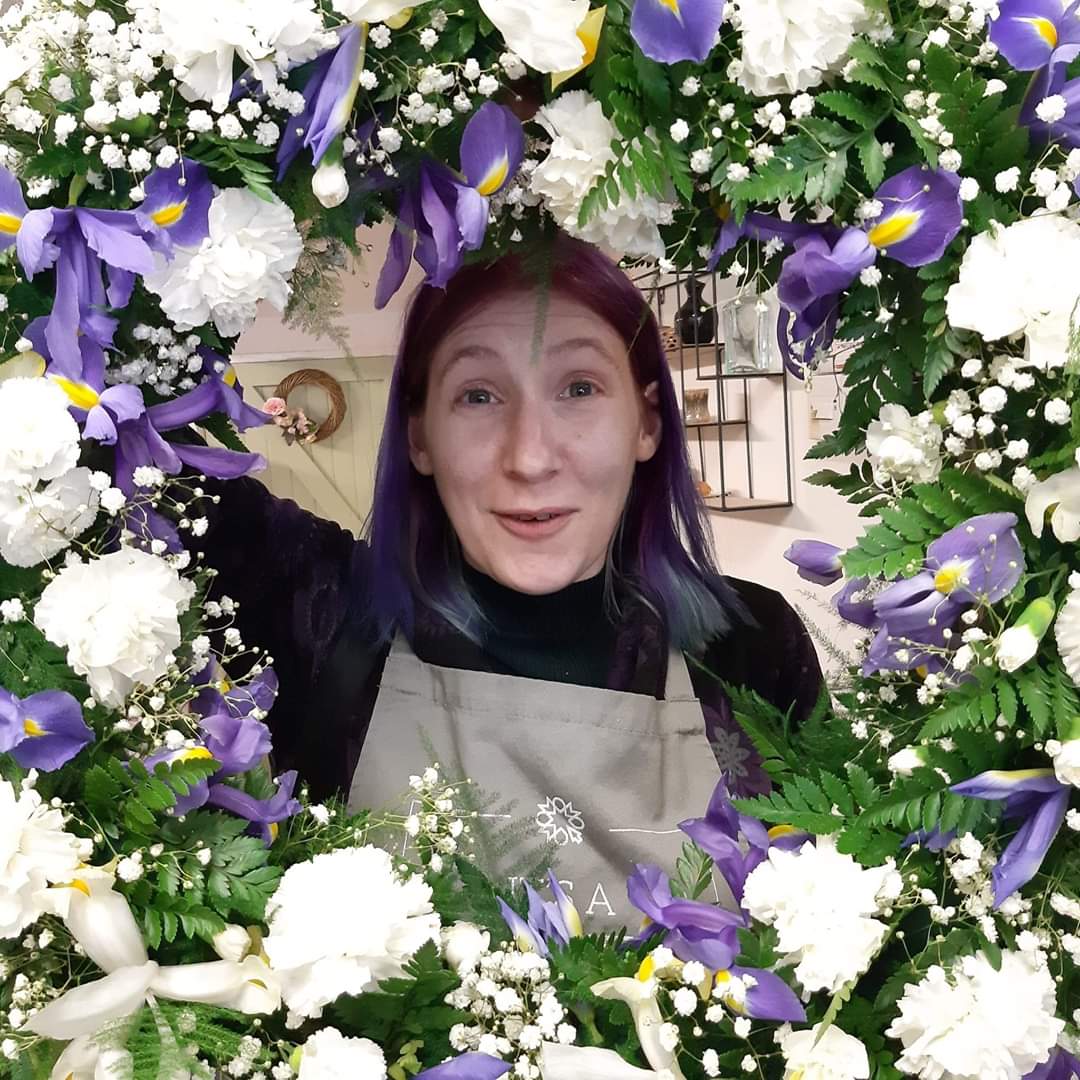
So when, in March, her suppliers cancelled all upcoming orders the day after the UK’s coronavirus lockdown measures swung into effect, she sat down and sobbed. As the global transport networks spluttered to a halt, she couldn’t get her hands on any flowers, and had to start turning people away.
"I was answering the phone and saying: 'I understand that your nan’s died, and that you desperately want this and that, but I’ve only got a few bits leftover. I can’t get anymore.’ For me, it was heartbreaking.”
As reports of Covid-19 cases mounted, Tanith’s sales at The Flower Box dropped by half.
Marie Claire Newsletter
Celebrity news, beauty, fashion advice, and fascinating features, delivered straight to your inbox!
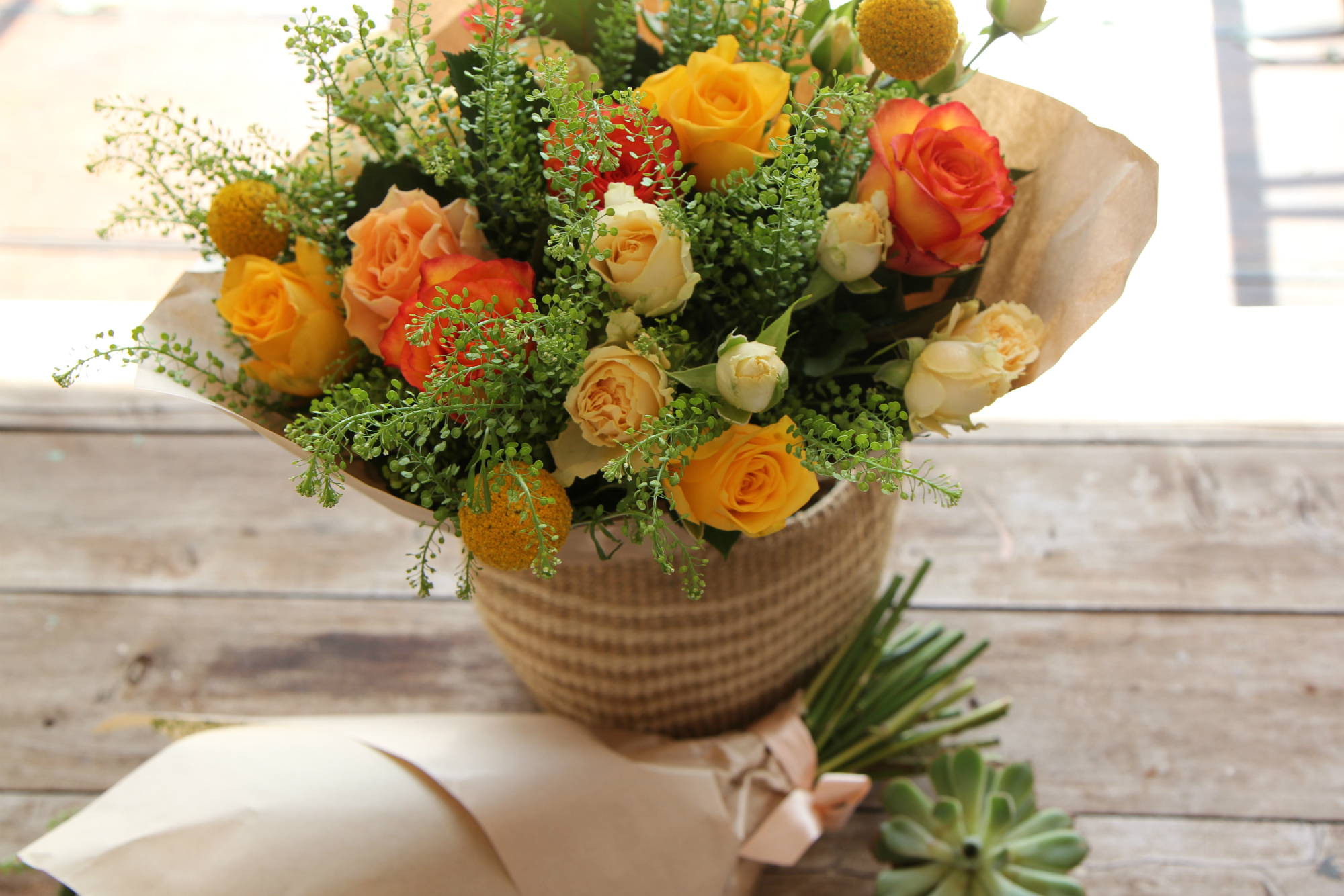
The reason is two-fold: Cancelled events meant demand for flowers evaporated overnight. At the same time, restricted flights left growers in the Netherlands, Ecuador, Colombia, Kenya and Ethiopia unable to ship via passenger or cargo plane (or it became more expensive to).
You might not have given the global flower trade much thought before, but it’s huge, and was worth £13.4 billion in 2015. Kenya is Europe’s biggest supplier, shipping roughly £815 million worth of flowers each year. Lockdowns in European countries, therefore, have had a devastating trickle-down effect on the floriculture sector.
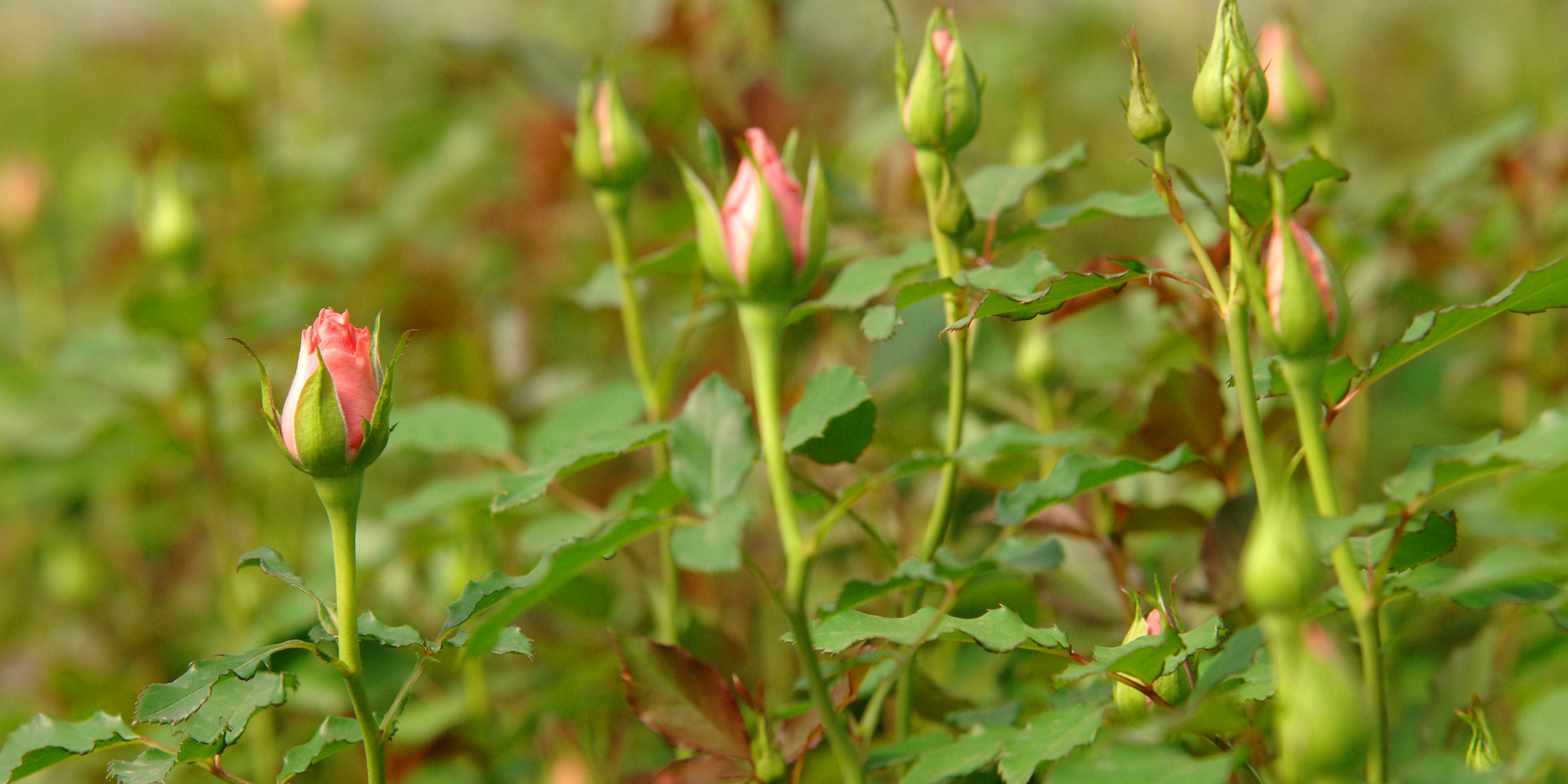
In 2018, the UK market alone was worth £1.3billion—the majority of it coming from Kenyan flower farms after being auctioned in the Netherlands. Tanith orders half her stock from Safari Garden, a grower collective in Kenya offering mixed boxes via online market Florismart (the other half is from auctions).
While flowers often can feel like a luxury, behind them lies an intricate supply-chain of farmers, workers, wholesalers, aeroplanes, florists and supermarkets—and one that has been uniquely altered by the Covid-19 pandemic.
As Tanith sat at her computer, some 4000 miles away Nafula Nyongesa, 27, worried about feeding her two children. She works as a harvester for Lamorna, a Fairtrade flower farm on the shores of Lake Naivasha, roughly two hours from Nairobi, the Kenyan capital.
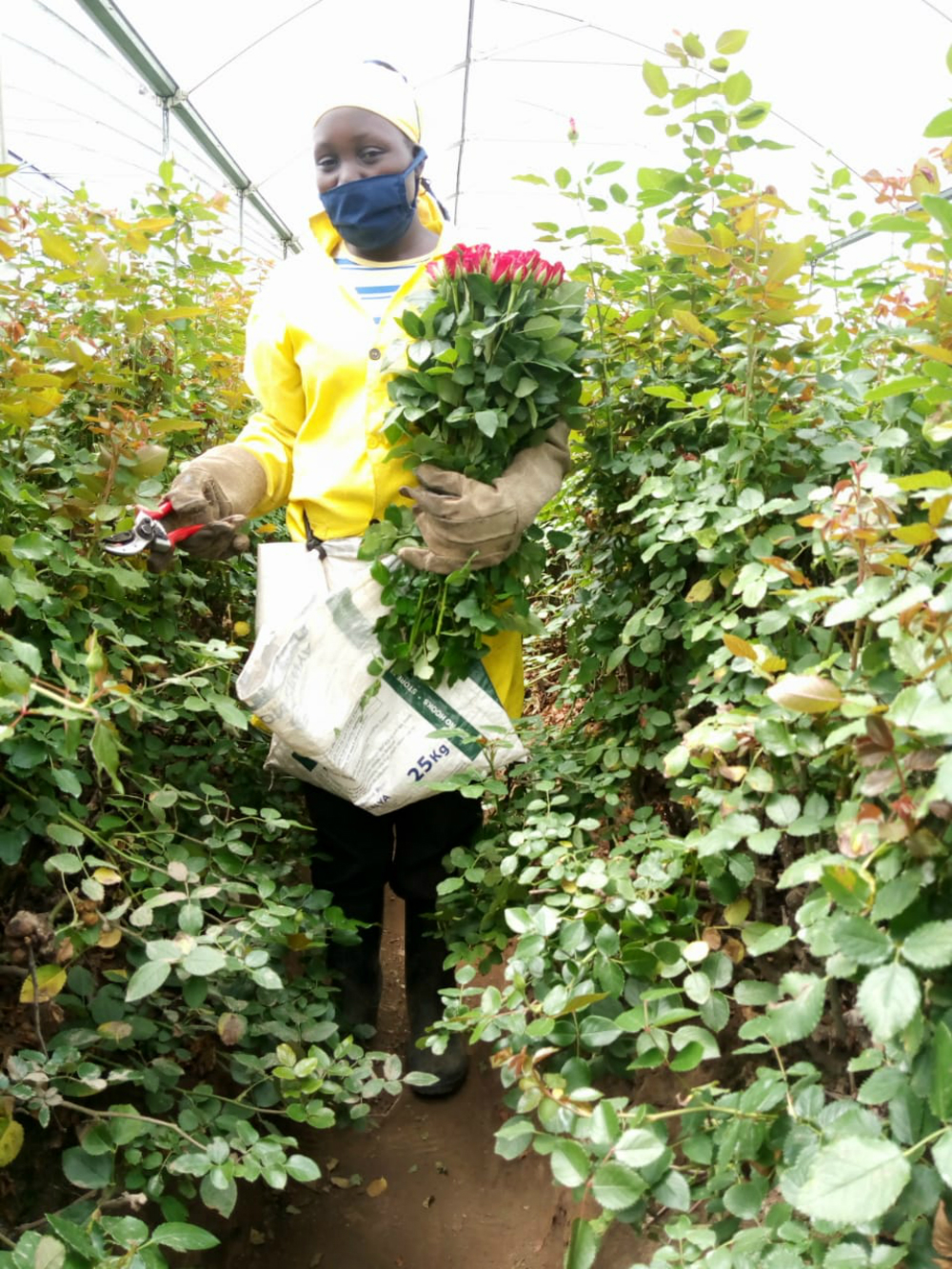
More than 150,000 people work on Kenyan flower farms, and over 60 per cent of them are women according to Jane Ngige of Kenya Horticultural Council.
In March, Nafula’s pay was cut in half, from £75 to £37.50 per month. She worked two weeks on, two weeks off.
“[The money] is not enough,” she says. “My kids are at home, and they need food and clothes. My husband worked in a hotel, but he lost his job because of [the] coronavirus. Now everything is on me.”
Before the pandemic, the budget for food in many families across Kenya was manageable as some meals were provided for children in schools. After their abrupt closure due to Covid-19 restrictions, the consumption of food in households has more than doubled, according to a new report by Hivos, an aid organisation.
Women like Nafula are now facing a triple threat: taking up homeschooling roles in addition to their hectic schedules under a more stressful work environment, as well as needing to spread the household budget further.
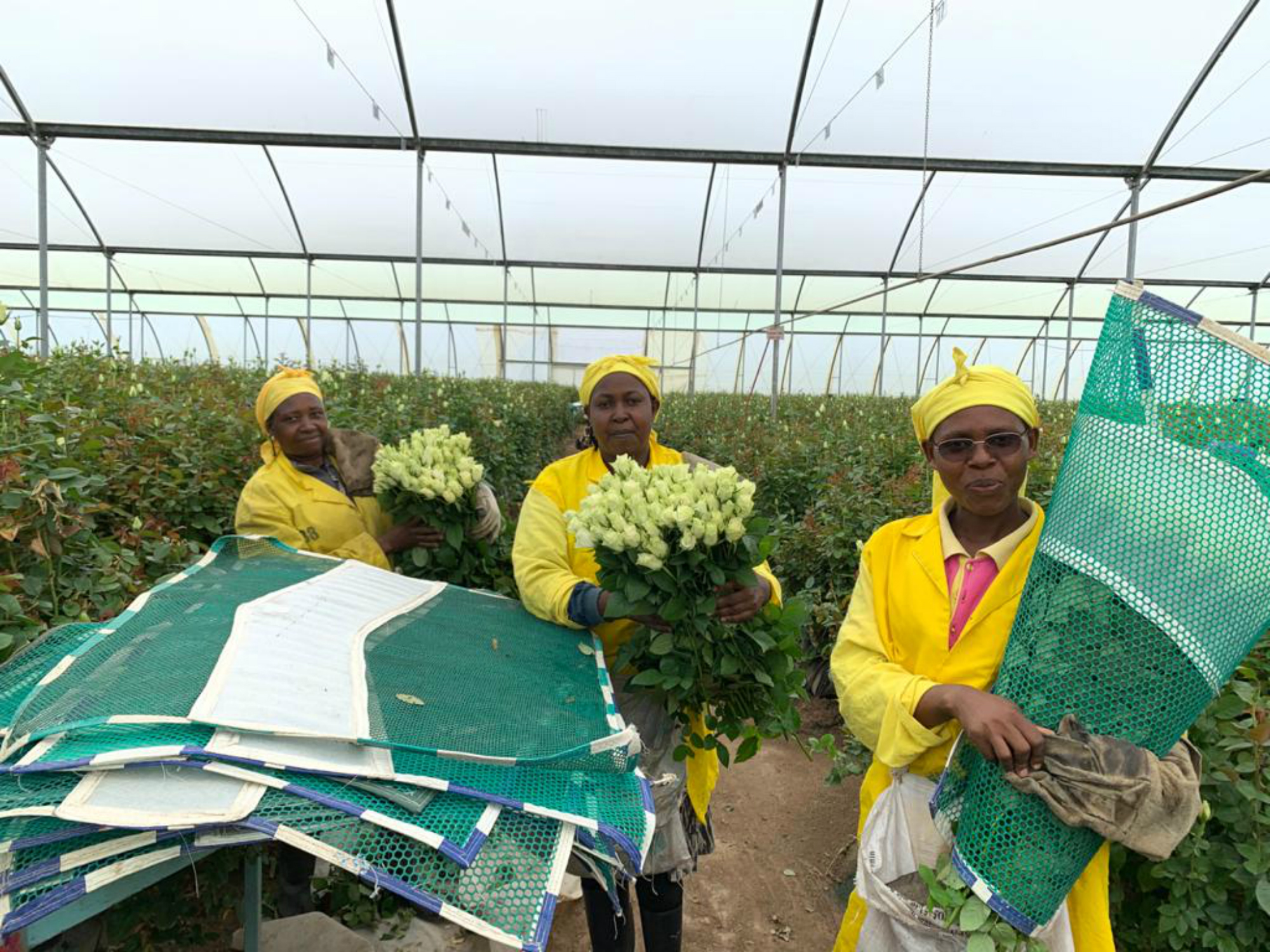
“We’ve had to reduce our meals from three to two or one per day, and we drink less milk,” she says. “We don’t buy clothes.”
Each day, she arrives at the farm by 7am, finishing at 3.40pm. She enjoys the work, the daily rhythm of picking roses—the Kenya variety famous for its eye-popping colours and longevity—gently lulling her into peaceful stupor.
In the past eight weeks, however, things have gotten harder. “There’s less people picking the same amount of flowers,” explains Nafula. This situation is emulated in farms across Kenya and, as a result of increased workload and lower pay, women have reported increased fatigue and stress levels, according to Hivos.
“I feel sad, and very tense,” she adds. “I have never experienced anything like this before.”
By the end of March, more than 70,000 Kenyan workers in the flower sector either lost their jobs or were sent home on annual leave. Cut flowers are Kenya’s second-biggest exporter after tea, and many fear a looming collapse of the industry.
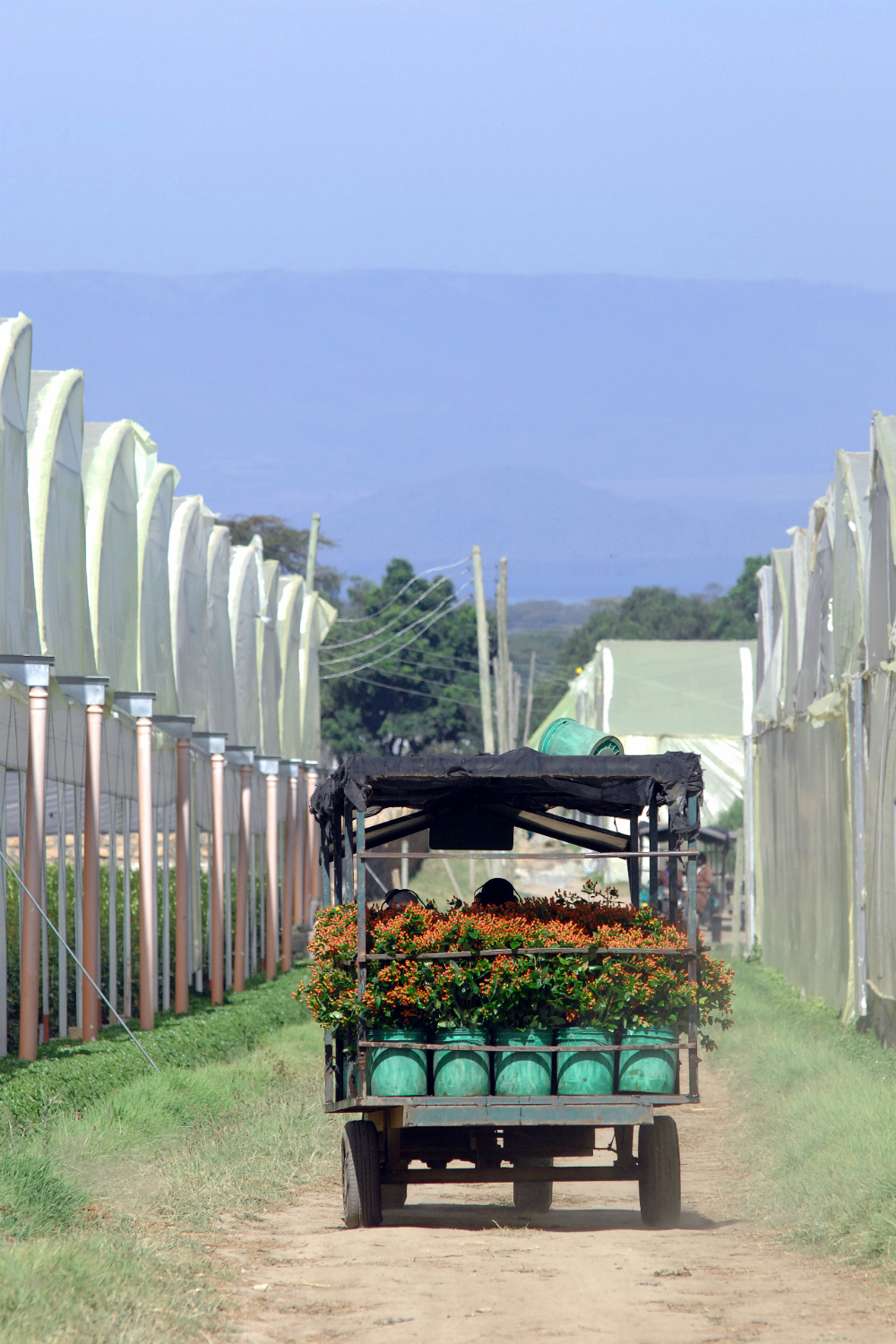
Much like Tanith’s sales in Wales, sales at Lamorna dropped by 50% and the farm was losing roughly £310,000 a month. “If you dwell on it too much, you could get yourself into a really negative spiral,” explains Fiona Coulson, the owner of Lamorna. “You’ve got 1200 people depending upon you for their livelihoods-it's very daunting.”
Some are receiving support. Fairtrade certified farms, for example, have responded to the crisis by enabling farms to use the Fairtrade Premium (an extra sum on top of the selling price usually invested back into community projects) to cover food costs for workers, as well as protective equipment and sanitiser.
Since March, there has been little demand for flowers, according to the Kenya Flower Council, but orders began to slowly pick up for some farms around European Mother's Day. Last week, after nearly two months, Lamorna started to bring its workers back full-time.

“I’m relieved,” Coulson said. “We’re hoping that as countries come out of lockdown, people will start buying flowers again. This is what has happened, historically, during previous recessions but the market is still volatile.”
For a month, Tanith couldn’t get any Kenyan flowers, and is now ordering half the amount she was previously. In line with Covid-19 restrictions, she shut her shop and began connecting with customers via Facebook. Just one year into running her floristry business, she didn’t have a “big enough” buffer to close completely, and weighed up the potential health risks of still trading over bringing a little joy to her town.
She continues doing deliveries twice a week, within a twenty mile radius, in line with safety regulations (she wears gloves, a mask and cleans the van between every job).
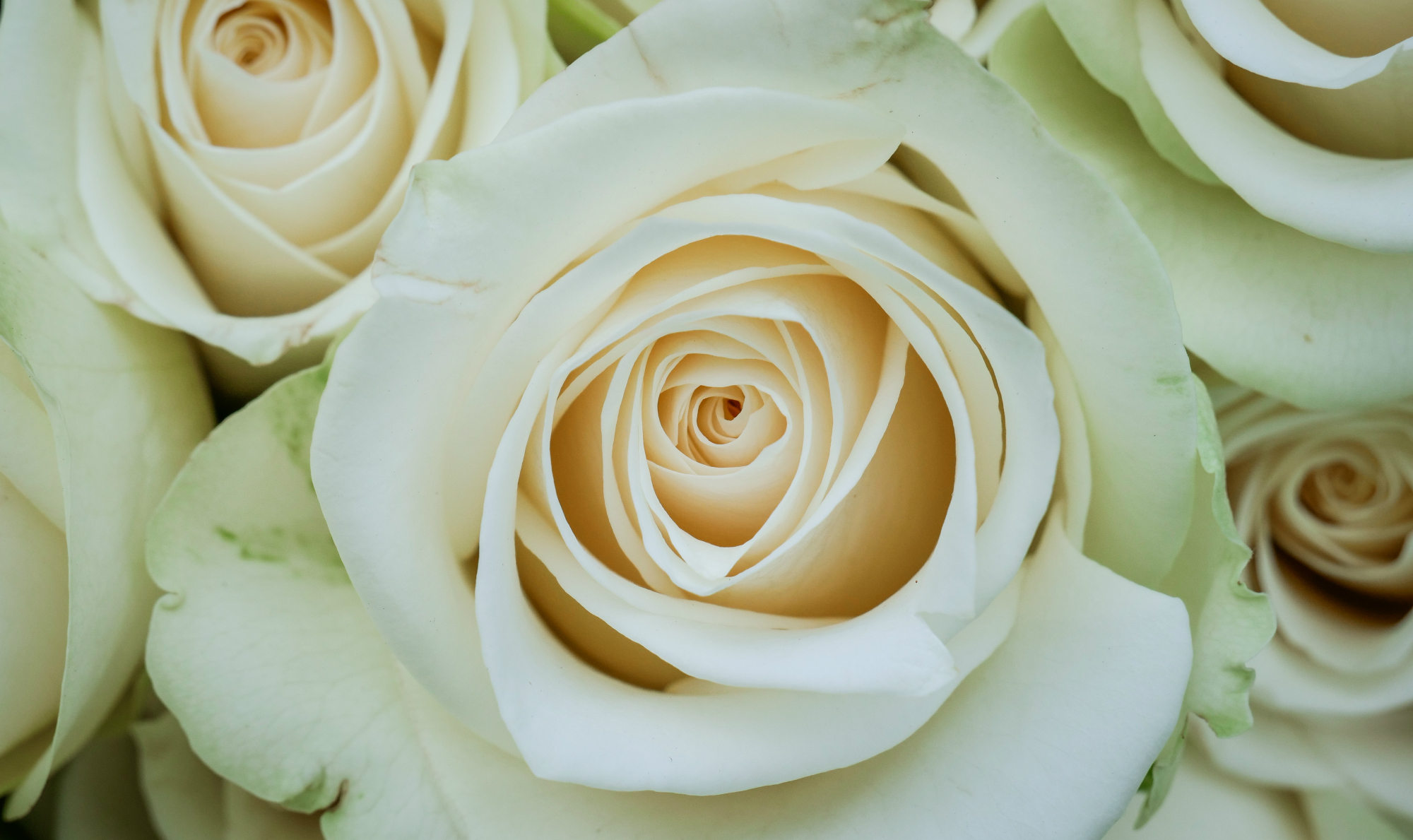
One week into lockdown, her husband—who used to work full-time at the florist—applied for a job as a bin-man “in order to make sure our bills were paid,” she says. “I wouldn’t say I’m now back to normal but I’m not doing awful.”
On the Kenyan farm, Nafula is adapting to a new life. Soon enough her salary will return to pre-pandemic level, but the masks will remain intact—even in the hot, dry heat. “I am tense,” she repeats. “I don’t know if this coronavirus will get out of control or handled well. I just hope it ends soon.”
Louise Donovan is a Nairobi-based correspondent with The Fuller Project, a nonprofit journalism organization reporting on global issues impacting women. Moraa Obiria is a gender journalist with Kenya’s Daily Nation.
The leading destination for fashion, beauty, shopping and finger-on-the-pulse views on the latest issues. Marie Claire's travel content helps you delight in discovering new destinations around the globe, offering a unique – and sometimes unchartered – travel experience. From new hotel openings to the destinations tipped to take over our travel calendars, this iconic name has it covered.
-
 Penn Badgley credits ex girlfriend Blake Lively for "saving" him from the pitfalls of fame
Penn Badgley credits ex girlfriend Blake Lively for "saving" him from the pitfalls of fameBy Jenny Proudfoot
-
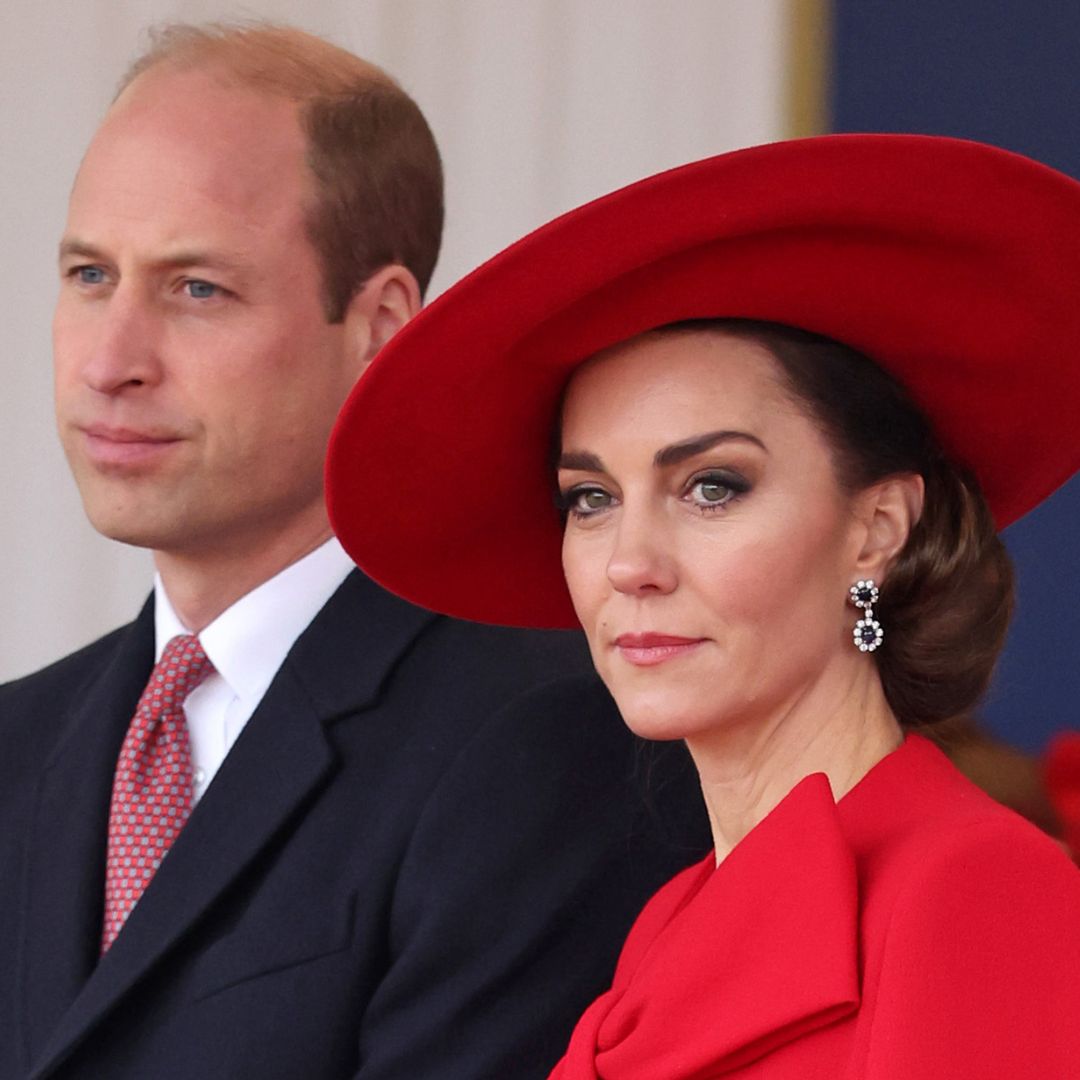 Prince William and Princess Kate's Easter absence has reportedly "raised eyebrows at the palace"
Prince William and Princess Kate's Easter absence has reportedly "raised eyebrows at the palace"By Jenny Proudfoot
-
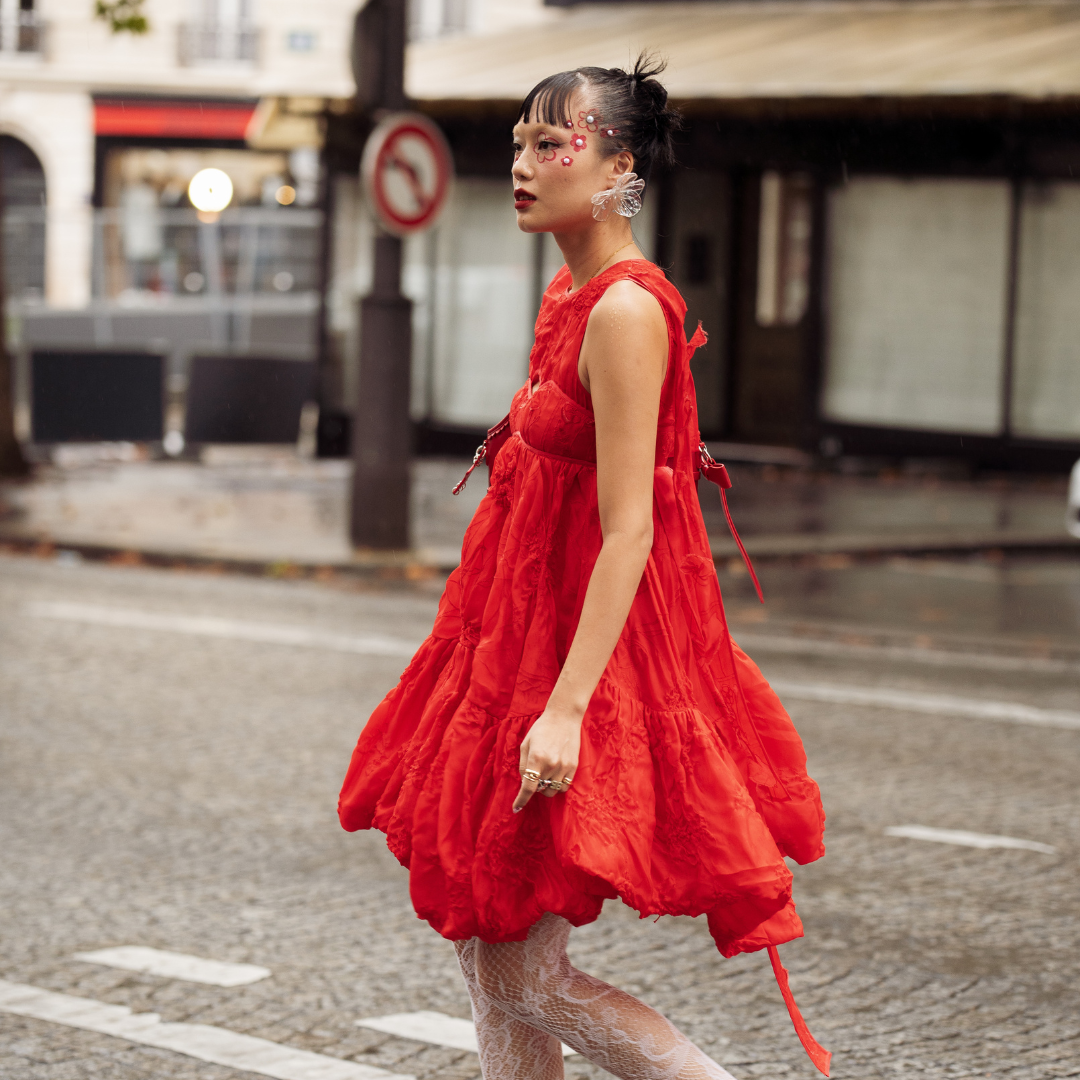 This divisive Nineties trend just got a high-fashion makeover
This divisive Nineties trend just got a high-fashion makeoverAll the cool girls are wearing babydoll dresses again
By Sofia Piza